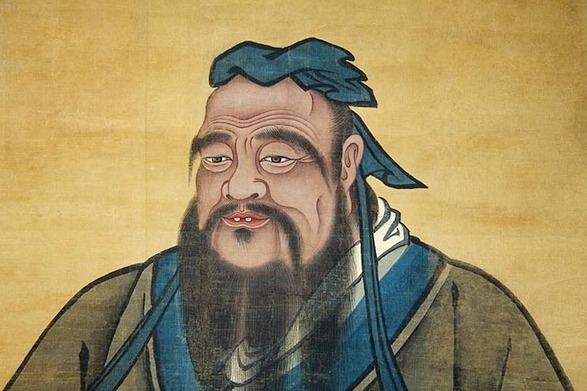150 years later, Jules Verne's brilliance still ignites bold dreams


"Anything one man can imagine, other men can make real" — this inspiring quote from French science-fiction author Jules Verne (1828-1905) greets travelers at Shenzhen Baoan International Airport in Guangdong province, perfectly capturing the spirit of China's "City of Innovation".
The 19th-century novelist once took readers aboard the submarine Nautilus to explore the uncharted depths of the sea. Over 150 years after Verne published Twenty Thousand Leagues Under the Sea, his works continue to resonate in theaters, bookstores and classrooms across China, inspiring new generations to dream boldly and venture into the unknown.
This spring, a stage adaptation of the iconic novel toured major Chinese cities, including Hong Kong, Shanghai and Guangdong province's Shenzhen. It will hit the stage in Beijing in July.
Meanwhile, a newly annotated edition of Verne's scientific trilogy, featuring Twenty Thousand Leagues Under the Sea, The Children of Captain Grant and The Mysterious Island, has hit bookstore shelves.
"Verne's brilliance lies in how grounded his fantasies are," says Liu Ying, translator and editor of the new edition, during a book discussion in Beijing in June. "They're not disconnected from reality but built on the scientific frontiers of his time."
Often called the "father of modern science fiction", Verne had a rare gift of imagining future technologies, from submarines to space travel, long before they became real.
The new edition includes scientific annotations that compare Verne's fictional Nautilus to modern deep-sea submersibles.
"Reading Verne is like time-traveling," Liu says. "You see which dreams have already come true and which are waiting to be realized."
Verne's books first reached Chinese readers in 1900 with Around the World in 80 Days. Twenty Thousand Leagues Under the Sea followed soon after, and both quickly gained popularity. Since then, his works have been released in numerous editions to engage readers of all ages.
Liu sees Verne's novels as both literary classics and early science education tools. "His adventurous spirit has inspired generations to take an interest in the natural world and science," she says.
In 2020, Twenty Thousand Leagues Under the Sea was included on the Chinese Ministry of Education's recommended reading list for middle school students. Yet, for many, Verne's imaginative world comes to life even earlier.
During the book event, 10-year-old Jin Yuchen says the machines and giant sea monsters described in the book sparked his desire to explore the unknown. Meanwhile, a parent shared her 12-year-old son's drawing depicting a massive robot beside the Earth, with satellites orbiting in space.
On Xiaohongshu, a Chinese lifestyle app also known as RedNote, a user posts: "I read Verne's book with my child, and we talked about submarines and marine life. These chats sparked his imagination and reignited mine."
That, Liu says, is precisely the power of Verne's legacy: planting seeds of curiosity. "His work doesn't just entertain, it invites us to explore the boundaries of science and imagination."
Chinese sci-fi writer Liu Cixin, the Hugo Award-winning author of The Three-Body Problem, often credits Verne as his earliest inspiration. Another prominent sci-fi writer, Ling Chen, believes sci-fi's power lies in how writers, through sharp sensitivity to emerging technologies, envision the profound ways they might transform human society.
"Verne understood that the invention of submarines wouldn't just deepen our understanding of the ocean," Ling says. "It would reshape human progress."
As China accelerates its innovation drive, Verne's vision takes on renewed relevance. According to the 2024 Global Innovation Index released by the World Intellectual Property Organization, China ranked 11th globally, marking it as one of the fastest-growing economies in innovation since 2010.
Verne's ideas continue to resonate in today's China, where science and imagination are increasingly intertwined. As the country charts its path as a global innovation hub, the belief that what can be imagined might one day be built no longer sounds fantastical but within reach.





































